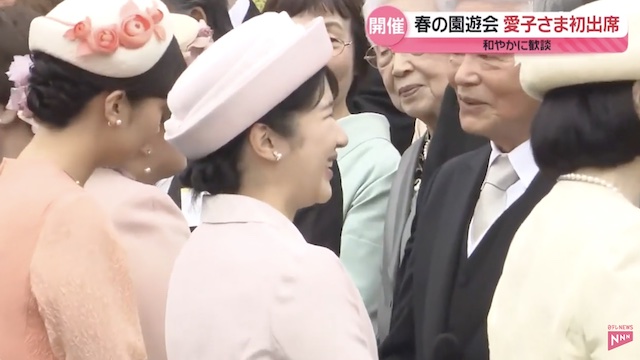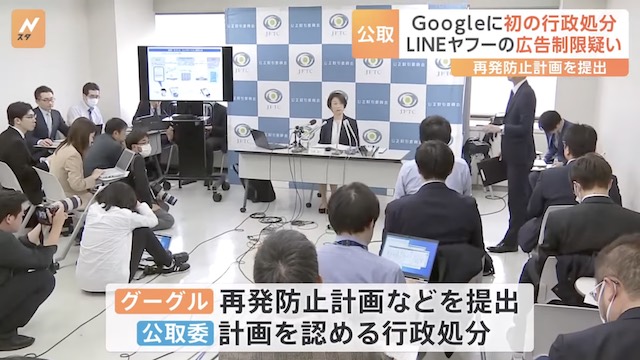Aug 19 (Japan Today) - Although it might sound unusual for artifacts with a centuries-long history, swords are currently in vogue in Japan. Museum exhibitions of historically significant katana have been attracting large, enthusiastic crowds in recent years, but the blades' surging popularity is yet to solve a few problems.
In 1989, the Japanese Swordsmith Association counted 300 registered swordsmiths in the country. Not 20 years later, that number has been nearly cut in half, with only 188 smiths currently registered, and their average age rapidly increasing.
Swordsmithing isn't just an industry, it's also part of Japan's cultural heritage. To preserve the craft, Tetsuya Tsubouchi, one of the Japanese Swordsmith Association's directors, says two things have to be done. First, new swordsmiths have to be trained and certified to replace the craftsmen who're retiring or otherwise being lost to old age, but there are some major hurdles in the way.
Not just anyone start hammering away and producing swords for sale in Japan. Practitioners are required to first serve as an apprentice under a registered swordsmith for a period of five years. These apprenticeships are unpaid, meaning that blacksmithing could be considered one of Japan's harsh "black enterprises."Those who want to complete the training must either burn through savings they amassed working in another field (before quitting that job to start their apprenticeship) or rely on financial support from their families. But while Japanese parents are generally willing to invest in their children's education, it's pretty difficult to convince Mom and Dad to cover all of your living expenses for a half-decade so that you can take a shot at making it in as niche an industry as swordsmithing. As a result, Tsubouchu says that though there's actually been a recent uptick in apprenticeship applications, very few apprentices actually make it to the end of their five-year training period.
Even if they do complete their apprenticeship, prospective smiths still have to pass a national certification test, which takes place over a period of eight days. The test is offered only once a year, so if you fail, you've got a long wait until you get to take another swing at it. Oh, and once that's all done, the estimated cost to set up a swordsmithing business of your own is 10 million yen, an amount of seed money that's kind of hard to scrape together when your last paycheck was five years ago.
The other thing the industry needs, Tsubouchi says, is new customers. Collectors of art and antiquities have long been happy to buy and sell historical pieces, but a demand for preexisting blades isn't creating much work for present-day smiths. What they need are people who're interested in buying freshly forged swords, especially since they can7t just sell batches to the local samurai warlord like their predecessors in the feudal era did.









